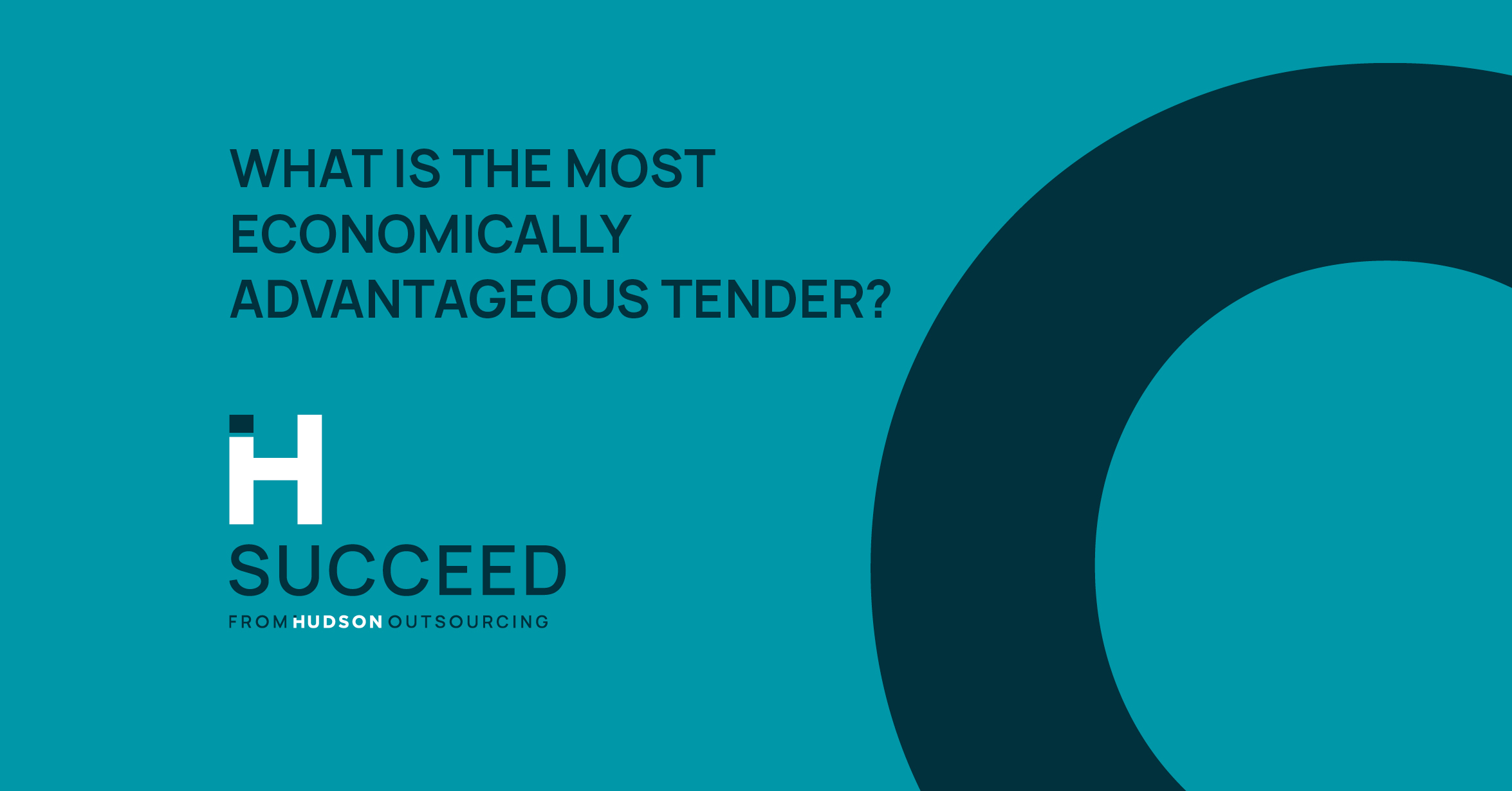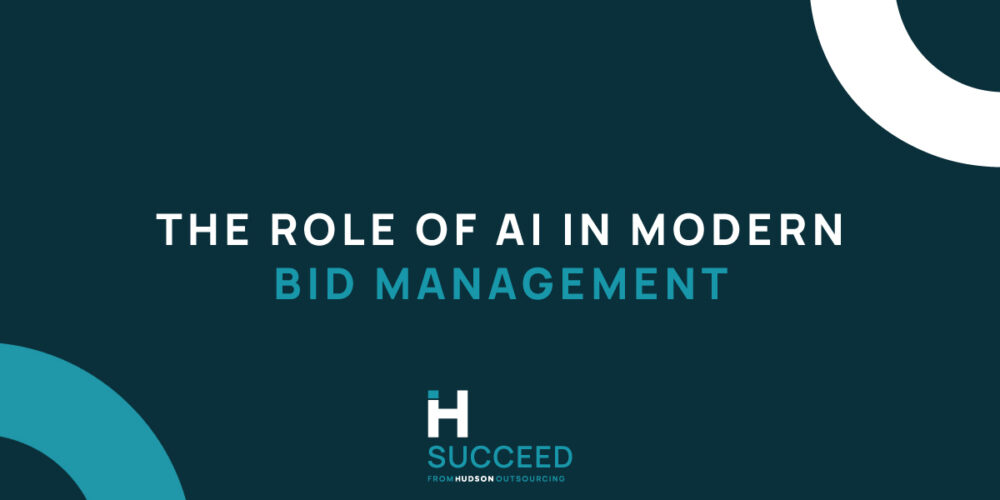How to be the most economically advantageous tender
If you’re tendering for contracts, you might be wondering how to be the most economically advantageous tender. Or, if you’re new to the tendering process, you might be wondering what it means.
Luckily for you, our technical Bid Writers are on hand to help. This blog will tell you everything you need to know to be the most economically advantageous tender.
What does it mean?
First thing first, what do we mean by most economically advantageous tender?
Also known as the MEAT, the most economically advantageous tender is a common evaluation method used by buyers. The MEAT was introduced by the European Parliament to increase the fairness and transparency of the procurement process.
With MEAT evaluation, the buyer evaluates other aspects of the service, not just the price. As a result, the contract is awarded to the supplier that offers the best value for money. Other factors that the buyer could consider include:
- Quality
- Technical ability
- The proposed design
- Accessibility
- Social value
- Environmental benefits
- Innovation
- Customer service or ongoing support
- Ability to deliver on time.
How does the buyer source the MEAT?
How does the buyer find the most economically advantageous tender? Typically, there are four steps to the process, including:
-
The requirements are set
The first step of finding the most economically advantageous tender is for the buyer to outline their requirements. This includes developing the scope of the work, as well as producing the relevant documentation.
There’s a good chance that the buyer won’t know exactly what is required for the work to be completed. To overcome this, the buyer might use a Soft Market Testing exercise to find out more information about their requirements. This means that suppliers would give the buyer information to support them in developing a tender.
-
The tender instructions are released
Once the buyer has completed all relevant documentation, they will release the documents to suppliers. This is usually through an electronic portal.
Depending on the buyer and the project, there could be several stages to the tendering process. For example, a typical tendering process involves two stages: a pre-qualification questionnaire (PQQ) and an invitation to tender (ITT).
A PQQ is used to filter through suppliers, so only suitable suppliers are invited to tender for the work. Suppliers that pass the PQQ stage are then able to submit a tender response, outlining how they’ll deliver the project.
No matter what instructions are used, they will be clearly outlined by the buyer in the tender documentation.
-
Suppliers respond to the ITT
The next stage of finding the most economically advantageous tender is for suppliers to respond to the ITT. For suppliers, this is the most crucial part of the tendering process.
It’s important for suppliers to demonstrate how they’ll deliver the contract. Simply telling the buyer what you’re going to do isn’t enough. You need to show them how you’ll do it and support your claims with evidence.
-
The evaluation process
For the final stage of the process, the buyer will evaluate all of the tender responses. To do this, they’ll assess each response against their evaluation criteria. Then, they’ll award the contract to the supplier who scores the highest mark.
Remember, when trying to source the MEAT, buyers are looking for the highest value for the lowest price. However, you won’t win on low price alone. You shouldn’t price your goods and services at a low rate just to win the contract. The buyer will consider a range of factors when trying to source the most economically advantageous tender, not just price.
How will you be scored?
Now you know what the most economically advantageous tender is, it’s time for the next stage. How will your tender response be scored?
The buyer will tell suppliers how their submissions will be scored in the ITT. Typically, each question will be evaluated individually and will be awarded a score between 0 and 10. The more you meet the buyer’s expectations, the higher your answer will be scored.
During the evaluation process, the buyer is likely to reject tenders that don’t meet the minimum evaluation standards. For example, it’s common for tenders with a score of less than 5/10 to be rejected immediately.
Tips for being the MEAT
So, how can you increase your chances of submitting the most economically advantageous tender?
-
Price your services fairly
To be the MEAT, you need to price your goods and services fairly. If your pricing is too high, you’re unlikely to win the bid. Similarly, you’re unlikely to secure the contract if your pricing is too low. If you do win the contract, you are obligated to deliver the work for that price. So, pricing the work too low could result in a loss for your business.
-
Research your competitors
If possible, research your competitors and see how much they’re charging for similar work. This will give you a good idea as to whether you’re charging too much or too little for your services.
-
Read the buyer’s specification
To fully understand how much you should be charging, it’s important that you thoroughly read the specification. By doing this, you can ensure that all aspects of the project are considered in your budget.
In summary
When sourcing the MEAT, the buyer isn’t assessing suppliers on price alone. Instead, they’re evaluating a variety of factors, such as quality, added value and innovation. To be the most economically advantageous tender, you need to offer the buyer the highest value for the lowest price.
Do you want to submit the most economically advantageous tender?
To increase your chances of submitting the MEAT, you might be looking for some support with your tender. Writing isn’t everyone’s strong suit and that’s ok. Outsourcing to bid writing specialists can help you secure that next contract and grow your business.
Here at Hudson Succeed, we pride ourselves on being bid writing experts. We hold an 87% success rate and have over 60 years of collective bid writing experience.
We offer four levels of bid writing support to suit every business need. You may not need the whole tender written for you; you may simply need it proofread before you submit. We can help with that.
Our services
Tender Writing
Once you’ve found the perfect bid for your business, send it our way. Our Bid Writers can take care of the whole thing for you they’ll even submit it on your behalf. They’ll let you know what they need from you, providing you with a full Tender Writing breakdown.
Tender Ready
Our Tender Ready 4-week programme is perfect for businesses that have never tendered before. A Bid Writer will work with you to ensure you have everything in place to tender successfully. They can also help you better understand the tendering process. Tender Ready offers your business:
- A 12-month subscription to one Hudson Discover.
- Access to Global Bid Directors and Senior Bidding Professionals.
- An Organisation-wide Bid library, including 3 case studies, 5 CVs and policies.
- Additional flexible benefits.
Tender Improvement
If you’ve been tendering but aren’t seeing success from your current efforts, our Tender Improvement package can help. Our Bid Team will assess your previous responses and tender documents. They will work with you to improve for future submissions. This package includes a 12-month subscription to a Hudson Discover portal and additional tendering development services.
Tender Mentor
If you’ve written your own tender response and need it double-checked for errors, Tender Mentor can help. A Bid Writer will proofread your work for any inconsistencies, grammar or spelling mistakes. They will also ensure it’s in line with the specification before you submit. This can help you formulate a winning submission.
Additional support
If you only need the assistance with PQQs or SQs we can help. Send the information over to us and we can provide you with a quote for the work involved.
Discover Elite
Upgrading to Discover Elite can help optimise your tendering efforts – even when you’re busy. Our two new time-saving tools can improve your competitor awareness and success rate when bidding for a contract.
The Ultimate Time Saver package offers your business:
- A maximum of five tender breakdowns per month.
- An annual subscription to a maximum of two Hudson Discover sector-specific portals. This option can help businesses that overlap two industries such as Healthcare and Technology, for example.
- Pre-market and award engagement notices monitored on your behalf.
- Buyer portal management, including registration, password management, downloading documents and assessing viability based on your bid or no-bid strategy.
- Weekly phone calls with your dedicated Account Manager to discuss viable tendering opportunities.
The Become a Pre-Bid Master package also includes:
- All of the above.
- Up to seven tender breakdowns per month.
- A Bid Strategy delivered by a Senior Bid Manager with a minimum of 5 years of experience. It will also be managed by our Global Bid Director.
Contact us to find out how we can help your business grow.
Find more helpful tips and advice in our blogs. We cover topics including:





